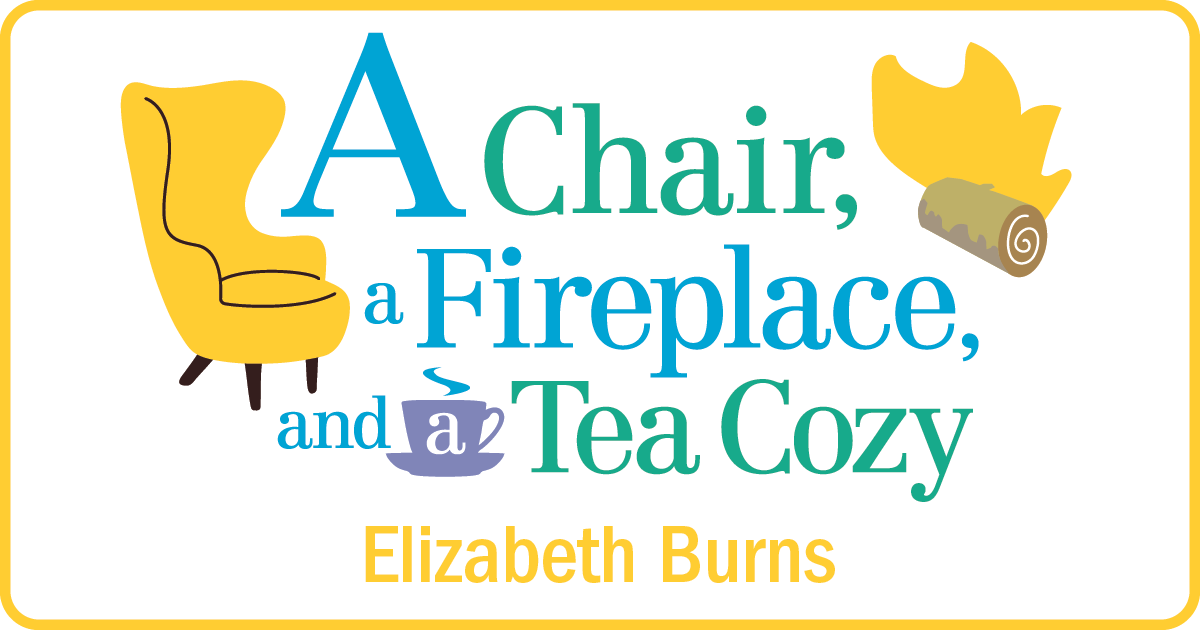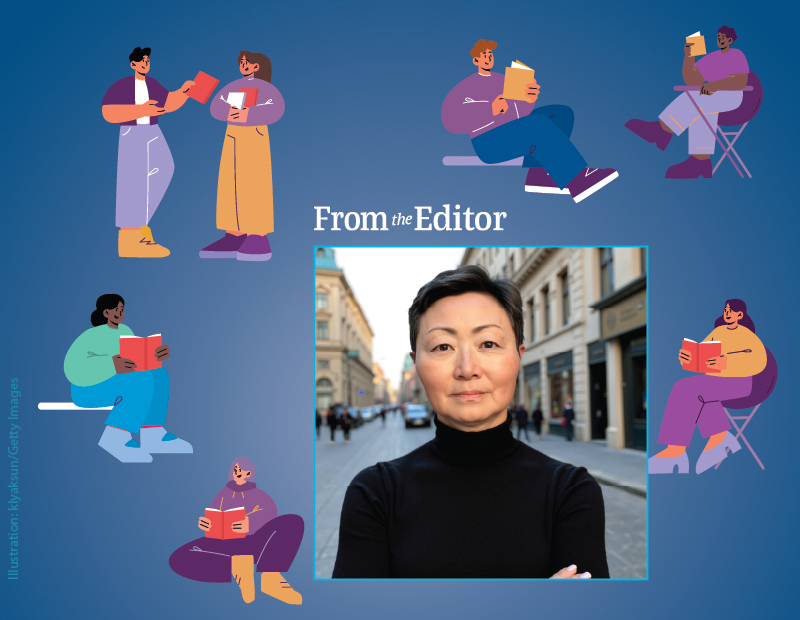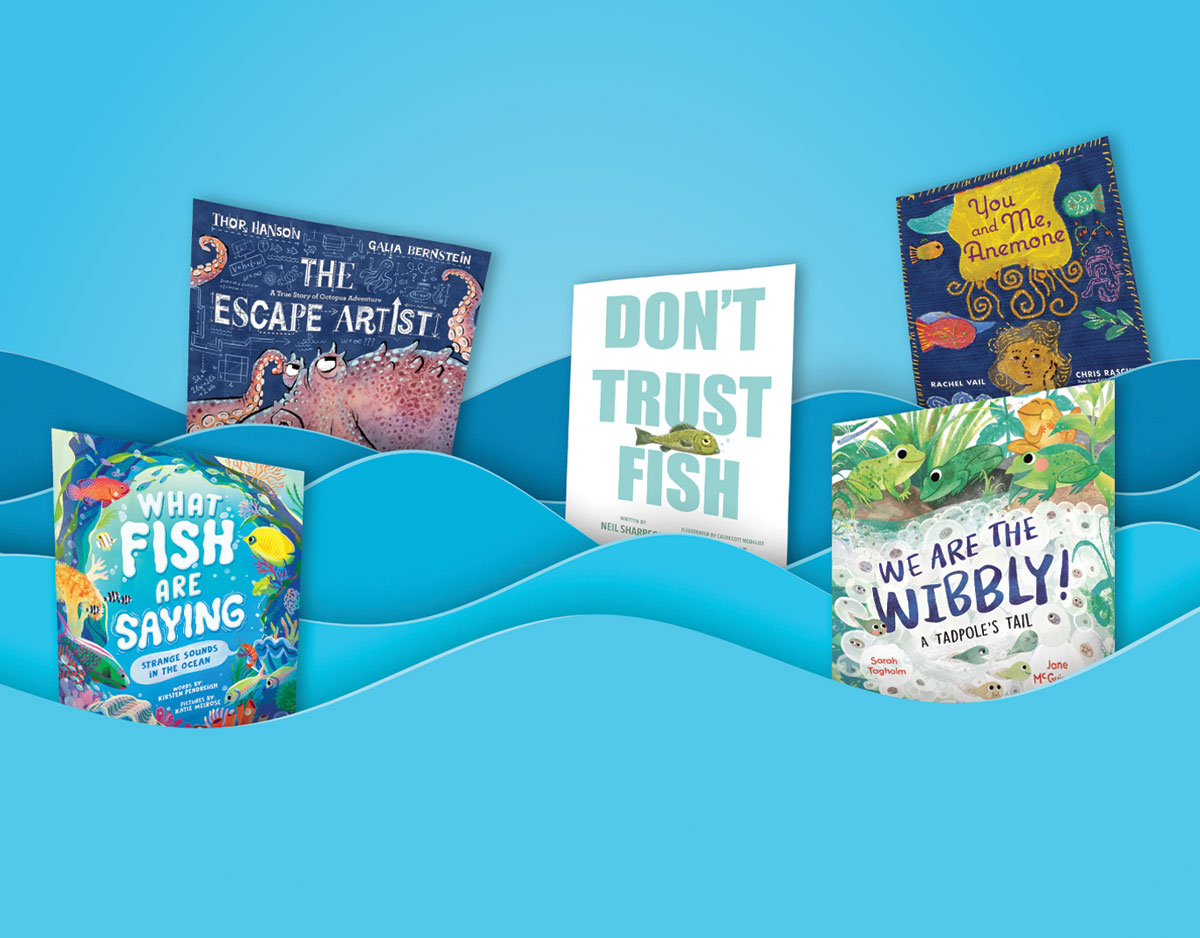SCROLL DOWN TO READ THE POST
Send A Letter, Maria
Oh, the relationship between bloggers and publishers. It seems like every six months or so something happens to stir things up.
It can be a good thing, because it means people have to vocalize why it is they blog about books, what it means to them, to their readers, and what role, if any, publishers have within book blogging.
If you’re puzzled by these first two paragraphs, the most concise explanation of “the Letter” is by Carolyn Kellogg at the Los Angeles Times’s Jacket Copy blog: Has book blogging hit the wall? William Morrow’s blogger notice. Briefly: letter sent from publisher told bloggers of strings attached to review copies of book. (My note: it said books, not ARCs). Wording was used such as “your job.” Online, Twitter erupted. William Morrow sent a follow up letter, trying to soften what it said.
ADVERTISEMENT
ADVERTISEMENT
Disclaimer: I did not get the letter. But friends of mine did.
I don’t want to stray into tl;dr (too long; didn’t read) territory, so I’m going to stay focused with my response and also — because there are a bunch of worms in that can — do a few blogposts on the issues that capture my attention the most: critical reviews versus marketing; reliance on volunteers; and getting books at the library.
As my friend Pam Coughlan/ MotherReader said, “”Can you imagine them sending this to Horn Book or The NYTimes?”. This, then, is one of the issues in a nutshell. Some of us, such as Pam and myself, see ourselves as no different, for better or worse, than traditional media, whether it’s a specialized professional journal such as the Horn Book or a mainstream publication like The New York Times. Because we are usually one-person shows, it means one person does everything, as opposed to traditional media. Or, closer to a ‘zine.
I do not see myself as part of the marketing chain — a partner with authors and publishers marketing their books. I see myself as part of the reading chain — a partner with readers (and their gatekeepers), trying to find and match books with readers. Do the interests of readers, blogs, authors, and publishers sometimes overlap? Yes. Does that change my intent, my editorial control? No. I’ve always felt there should be a healthy tension, an independence, between blogs and publishers and authors, just like there is between mainstream media and publishers and authors. So, while publishers may indeed use things like media coverage and awards as part of their marketing, that doesn’t turn that coverage and awards into part of their marketing plan over which they have control.
What I mean by a blogger doing “everything”: one person decides what gets read and reviewed, reads and reviews, writes and proofreads, posts and comments, promotes and cleans the toilets. And that same one person also has editorial control over the blog, including it’s mission, with no outside voice telling them what to do or not to do.
So, for example, at my blog, my rules (and yes, my blog is now part of the School Library Journal family which means I get paid for blogging, but I also retain full editorial control — no one at SLJ proofreads, or suggests what to or not to blog about, etc.)
ADVERTISEMENT
ADVERTISEMENT
One of my ways of blogging is I blog about books I enjoy; books I love; books I think others will enjoy. I blog about books I think readers may want to know about. I do not blog about books I think are “eh.” I do not blog about books that are DNF. DNF = did not finish. So when I DNF a book, and there are many, I don’t blog about it. When I think a book is so-so, I don’t blog about it. Life is short, life is busy, and, frankly, I don’t have the time to blog that way; and so I use my time to read what I want and blog what I want, to read what I think readers will like and blog what I think readers will want. Oh, and to clean the house, watch TV, spend time with friends and family, you know, the other things that consume my non-work hours.
The Letter wants to change that aspect of blogging — editorial control. “Your job is simply to review the book within a month of receiving it and post your thoughts on your blog or site.” In essence, any book sent by the publisher must be reviewed.
No. That doesn’t happen with traditional media, as they decide what to read and review based on their own mission statement and purpose; and, it doesn’t happen with blogs. For good or bad, publishers need to realize that just as sending a book to the paper doesn’t guarantee a review, so, too, does sending a book to a blog doesn’t guarantee a review.
“Then don’t ask for books!” I’ve heard people say. Well, aside from anything else, here’s something I’ve learned: terrific author, enticing blurb, gorgeous cover –any one of these may be a reason a book is requested. And guess what? THESE THINGS DON’T MAKE THE BOOK AWESOME. It’s not until the book is read, all the way through, that the determination can be made that the book is blogworthy.
Edited to add: The OF Blog has a terrific post on how reviewing books is not a quid pro quo arrangement.
Next post: volunteers!
Filed under: Reviews
About Elizabeth Burns
Looking for a place to talk about young adult books? Pull up a chair, have a cup of tea, and let's chat. I am a New Jersey librarian. My opinions do not reflect those of my employer, SLJ, YALSA, or anyone else. On Twitter I'm @LizB; my email is lizzy.burns@gmail.com.
ADVERTISEMENT
SLJ Blog Network
Instagramming ALA 2025 (Part II)
Review of the Day: Freya and the Snake by Fredrik Sonck, ill. Jenny Lucander
Love in the Palm of His Hand, vol. 1 | Review
Book Review: The Dead of Summer by Ryan La Sala
The Classroom Bookshelf is Moving
ADVERTISEMENT
ADVERTISEMENT







